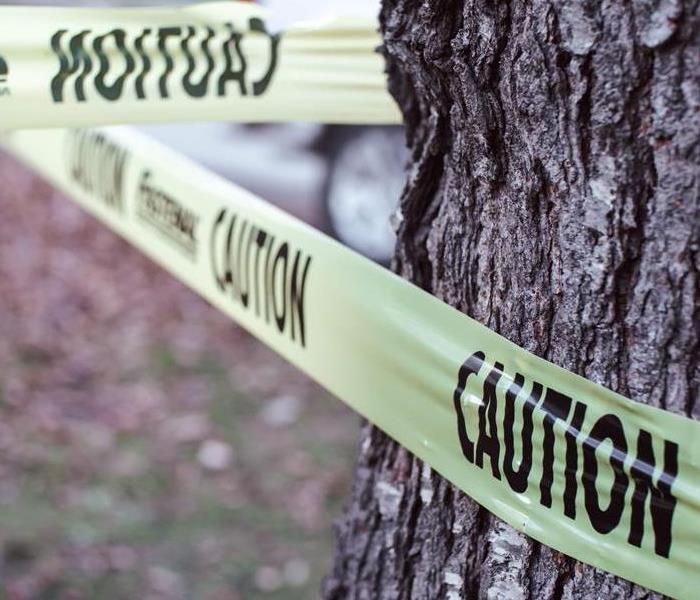Who pays for crime scene cleanup?
1/4/2023 (Permalink)
Crime scenes can be a traumatic experience for all involved. After the police have finished their investigation, someone must clean up the mess left behind. But who pays for crime scene cleanup? Let’s break it down.
Crime Scene Cleanup Costs
The cost of crime scene cleanup depends on factors such as the size and complexity of the job, as well as any special requirements needed due to hazardous substances or other considerations. Generally speaking, most crime scene cleanup services charge an hourly rate for their work and will provide an estimate upfront before beginning the job. Most reputable companies will offer free estimates, so you know what to expect before agreeing to any services.
Who Pays for Crime Scene Cleanup?
When it comes to who foots the bill for crime scene cleanup, there are several potential options depending on the circumstances surrounding the incident in question. In many cases, the homeowner themselves is typically responsible for all related expenses – including cleaning and restoration services. That being said, there are situations where the homeowner may not have to pay for the totality of crime scene cleanup costs. Let’s break down some of those situations:
Homeowners Insurance
In some cases, homeowners insurance may cover crime scene cleanup if it is part of a homeowners policy. However, not all policies include this coverage and it is important to review your policy carefully to determine whether you are covered. Some insurance policies consider crime scene cleanup an "extraordinary" expense outside of normal maintenance or repairs. Even so, these policies may still cover certain parts of the cleanup process—such as hazardous waste removal or restoration services—so it's always worth checking with your provider.
The Responsible Party’s Insurance Company
In cases where the crime scene involves property damage or injury to another person, the responsible party's insurance company may be liable for covering costs associated with cleaning up the scene. This coverage may also include medical expenses and other related costs such as lost wages due to the incident.
Criminals
Criminals may also be held responsible for the costs associated with crime scene cleanup. If the criminal is convicted of a crime and found guilty, they may be ordered by a court of law to pay restitution for damages caused by their actions. Depending on the severity of the crime, this restitution can range from minimal fees to several thousand dollars or more. Keep in mind, however, this process can take a while to conclude, and the victim may never actually receive the full restitution amount.
Agencies or Charities
In some cases—particularly when there has been a mass tragedy—it can be difficult for victims or their families to afford professional cleanup services. In these situations, charities, local governments, religious organizations, and other such entities may step in to provide financial assistance for these services.
Regardless of who ultimately pays for crime scene cleanup, it’s important that these services exist. They help ensure safety and restore normalcy as quickly as possible following a traumatic event like a violent crime or natural disaster. Homeowners should always check their insurance policies carefully before assuming they are covered in situations that require crime scene cleanup. By understanding who pays for crime scene cleanup and taking proactive steps when necessary, homeowners can protect themselves from any unexpected financial burden resulting from an unfortunate situation such as this one.






 24/7 Emergency Service
24/7 Emergency Service
